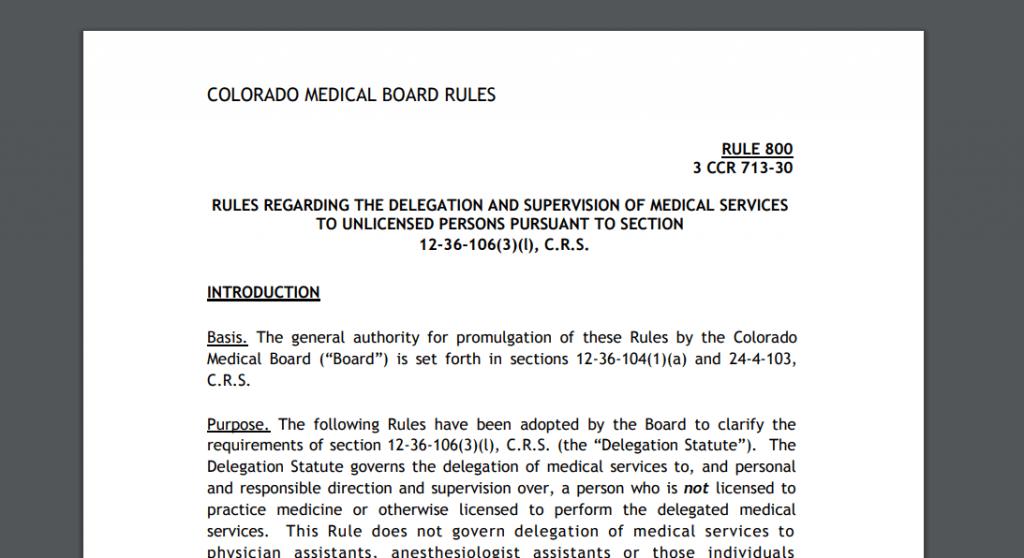
Laser tattoo removal Colorado
In Colorado, there are more than 1.7 million* tattooed individuals. Planning on entering the tattoo removal business in Colorado? This article covers everything you need to know before starting a tattoo removal shop in the Centennial State (insurance covers, business guide, laser tattoo removal Colorado regulations, etc).
Tattoo Removal Business Start Up
When starting a tattoo removal business, there are several crucial things to consider, plan, and implement. For a step-by-step guide to starting a tattoo removal business, click here. The business will also require insurance coverage. For a detailed analysis of which insurance covers the business will need, click here.
It ultimately comes down to this: laser tattoo removal.
Laser removal has emerged as the go-to treatment. It is effective and comparatively safe, being a non-invasive skin treatment. A laser tattoo removal clinic can be a highly profitable business.
Laser Tattoo Removal Market
Not everyone loves their tattoo forever. According to Harris Poll, almost a quarter of people with tattoos suffer from tattoo regret. In fact, the tattoo removal market is currently witnessing a huge expansion. It is set to grow into a $795 million market by 2027 at a growth rate of 19.3% (Allied Market Research). More than 1.7 million people in Colorado have at least one tattoo. Many of these 1.72 million will face tattoo regret too. And when they do start looking for removal options, your tattoo removal business in Colorado can emerge as their savior.
Tattoo Removal Regulations Colorado

In Colorado, the Colorado Medical Board regulates the healthcare sector. In 2017, the board revised Rule 800 (3 CCR 713-30) which deals with “Rules Regarding the Delegation and Supervision of Medical Services to Unlicensed Persons Pursuant To Section”. According to section 1(B) of the document, Medical-Aesthetic Services involving ‘the use of a Class IIIb or higher laser, radio-frequency device, intense pulsed light, or other technique that results in the revision, destruction, incision or other structural alteration of human tissue and/or for hair removal’ is considered a practice of medicine. A licensed physician may delegate such procedures to an appropriately trained delegatee. To ensure a legitimate delegation, there are certain rules and requirements that must be met at all times. The physician is accountable for the delegatee’s actions.
Delegating Physician
For a physician to be able to delegate, she/he must
- Have the necessary education, training, and experience to perform medical procedures.
- Actively perform medical services (and not just exclusively delegate).
- Have medical insurance and
- Actively practice medicine and be ‘available in the community’ where the delegated services are being performed. This requires the physician to be physically present in the state.
Note: Physician assistants or anesthesiologist assistants may also delegate certain medical services (which fall within their medical scope) to unlicensed healthcare providers. Such procedures must be performed under their direct supervision.
Delegatee & Rules of Delegation
A delegatee must have the necessary education, training, or experience to perform the given procedure. This must be reviewed and verified by the delegating physician. Before authorizing the delegatee to perform the given procedure, the physician must perform ‘over-the-shoulder direct observation of the delegatee’s performance’ in the same. The delegating physician is also responsible to ensure that there is no confusion or false representation of the delegatee’s credentials. For example, he must not be portrayed as a doctor or a state-licensed worker when he does not possess such qualifications. It is also vital that the physician provides constant support, advice, and directions to the delegatee. The physician must assess the quality of work of the delegatee every two weeks and reassess their qualifications and competence on a yearly basis. It is the responsibility of the physician to ensure that patient medical records are well maintained, either by the physician or the delegatee. The delegating physician and the delegatee are required to have a written agreement between them (attached at the end of the Rule 800 document).
Moreover, a proper physician-patient relationship must be established before a procedure may be delegated. This includes but is not limited to – initial review by the physician, direct observation by the physician of delegated services rendered by the delegatee, physician review of outcomes following the performance of delegated services, etc. The patient must also be clearly informed that the procedure is being performed by a delegatee (patient disclosure). The physician can delegate only routine, technical services which do not require the exercise of medical judgment or special skills of a physician. Certain individuals cannot take up the role of a delegatee. For example, physicians, physician assistants, and anesthesiologist assistants with an inactive, expired, revoked, restricted, limited, suspended, or surrendered license.
According to Rule 800, the physician is required to be on-site during the procedure and provide direct supervision whenever necessary. However, when the delegatee has been given ‘specific and detailed written protocols’ as well as ‘adequate written emergency protocols’, the physician does not have to be on-site. In such cases, the physician must be physically present within the state so that he may be able to respond promptly and personally attend to the patient if needed. In the absence of the delegating physician, a covering physician must be available for supervision.
Any violation of the above-mentioned regulations will be considered unprofessional conduct. Falsified or incorrect patient records, unacceptable standard of medical service provided by the delegatee, are some grounds of misconduct.
Tattoo Removal Regulations Colorado (In short)
- In Colorado, there is no provision of state licensing for laser technicians. The individual must complete an appropriate program from a bona fide institution.
- The laser procedure can be delegated according to the statutes laid down in Rule 800.
- The medical director need not be on-site at all times as long as the delegatee has been given detailed written instructions and the MD is available to attend to the patient if needed.
Colorado Business Support

- The Colorado Secretary of State office provides a checklist of things that may need due consideration from new businesses. (see here: https://www.sos.state.co.us/pubs/business/businessChecklist.html)
- The Colorado Small Business Development Center Network (CSBDC) provides support and assistance to existing and new businesses through its various training programs and free consultation service. Its Colorado Business Resource Book (see here: https://www.coloradosbdc.org/resources/entrepreneurs/colorado-business-resource-book/) is a great guide to starting a business in Colorado.
- The Colorado branch of SBA also has a lot to offer. The Colorado district office of the SBA is not only a storehouse of information, but also provides networking opportunities through its various small business events. The Colorado Small Business Resource Guide (https://www.sba.gov/document/support-colorado-district-resource-guide) is a comprehensive guide to starting a business in Colorado – from funding options to state policies and permits.
- Denver Score is a non-profit organization offering advice and mentorship from local experts.
- Organizations like Boomtown and Telluride offer financing options to local start-ups.
Note: This article does not provide legal advice or interpretation.
*Based on statistics from https://www.ipsos.com/en-us/news-polls/more-americans-have-tattoos-today




